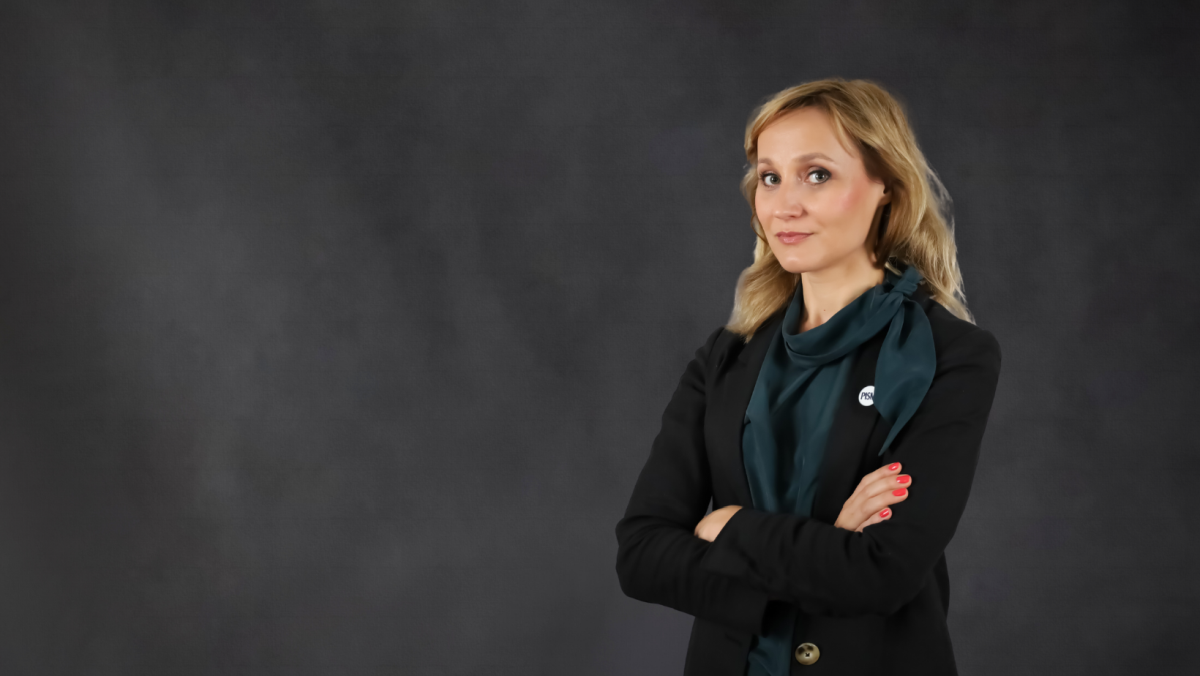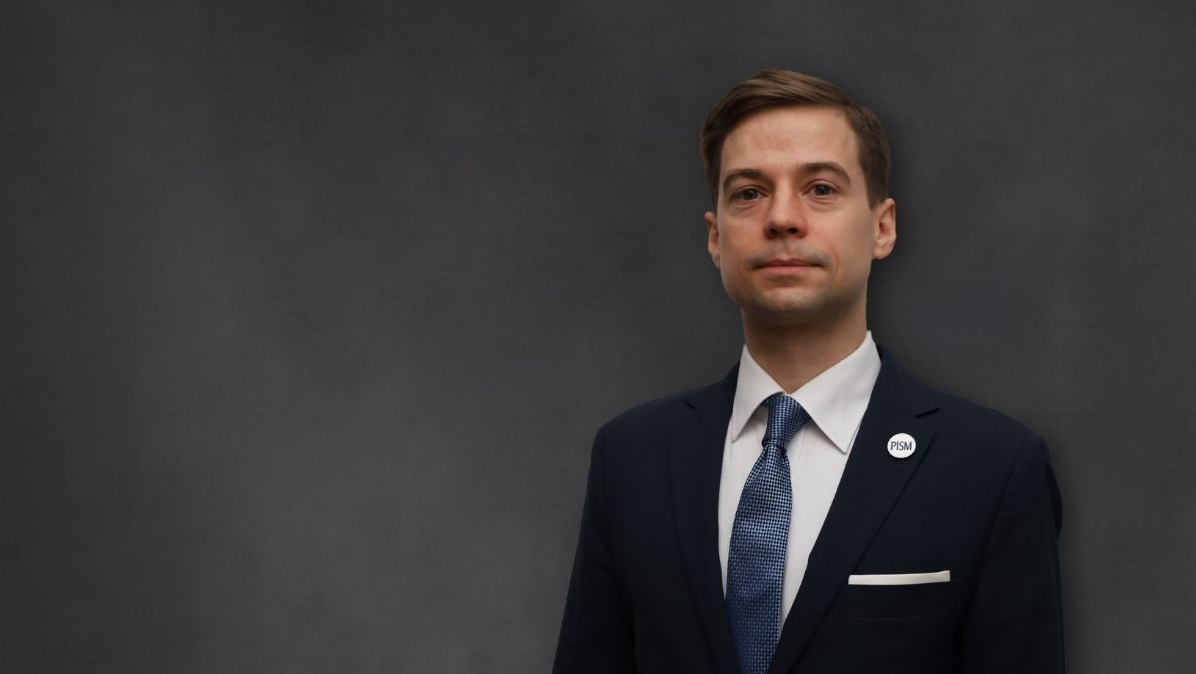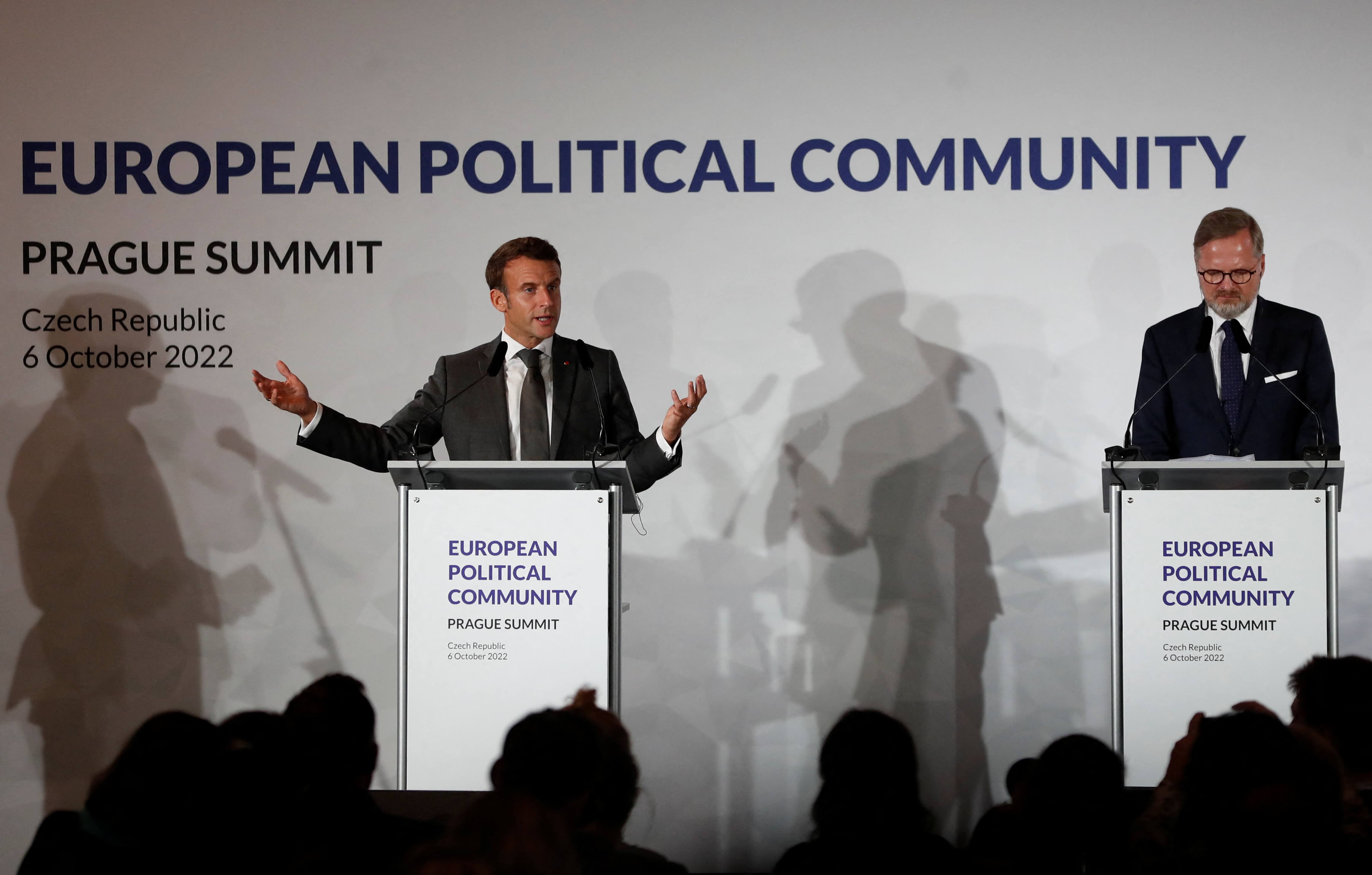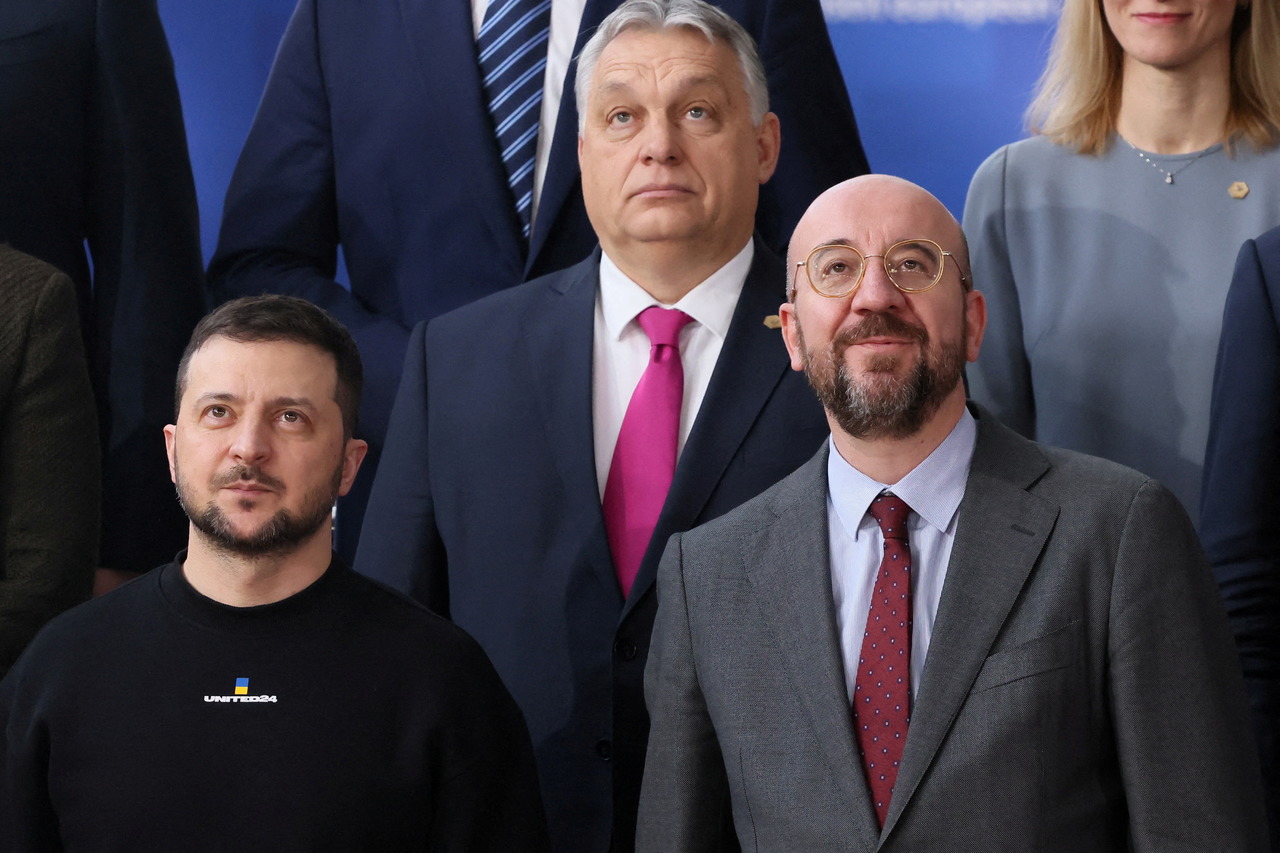Franco-German Group of Experts Deliver Report on EU Reforms
The planned enlargement of the EU changes the context of the discussion on the reform of the Community. The report, commissioned by the French and German governments, presents a catalogue of reforms necessary for the admission of new states. It also includes recommendations to strengthen the rule of law and rebuild the EU’s institutional architecture and the EU budget. The authors recommend amending the treaties and propose greater differentiation of integration.
(1).jpg) Tobias Schwarz / Reuters / Forum
Tobias Schwarz / Reuters / Forum
Taking into account the prospect of enlargement of the Union to the countries of the Western Balkans, Ukraine, and Moldova, at the beginning of this year a group of French and German experts representing analytical and academic institutions was commissioned to prepare proposals for reforms of the EU institutions. The publication of the report was preceded by an informal meeting of the EU Council on institutional reforms, which took place on 27-28 September.
Mechanisms to Strengthen the Rule of Law
The experts consider the rule of law to be a fundamental and non-negotiable element binding the Community and propose to strengthen the current mechanisms for protecting it. They suggest extending the existing conditionality mechanism, which makes the disbursement of funds from the EU budget conditional on respect for the rule of law. Currently, this mechanism is used only in case a breach of the rule of law directly affects the Union’s finances. The experts propose that the criterion of the impact on the EU budget should be omitted and that the link between the disbursement of funds should not only concern the rule of law but also generally the values on which the Union is founded, as enshrined in Article 2 of the Treaty on EU (TEU), such as democracy, free elections, freedom of the press, etc.
Another proposal is to reform Article 7 TEU, which aims to determine the risk of a serious breach of Union values. Unanimity is now needed to initiate such a procedure, but the experts call for it to be replaced by a majority of four-fifths of the Member States. In addition, if the EU Council does not take a position on the matter within five years of the start of the procedure, sanctions would be imposed on the country automatically.
Reform of EU Institutions
The key demand is to extend the qualified-majority voting system in the Council of the EU to all Community policies, including foreign and security policy. The authors stress, however, that in the latter case, states should strive for unanimity, and majority voting should be the last resort. Member States would have the right to opt-out in new areas where there is a move away from unanimity. Unanimity would continue to apply on “constitutional” issues such as the admission of new members or the revision of the treaties. In addition, the authors recommend changing the method of calculating the qualified majority. Currently, the majority is required to represent at least 65% of the EU population and 55% of the states. The experts propose that these percentages change to 60% of the population and 60% of the states.
The report also calls for limiting the number of commissioners on the European Commission (EC) to two-thirds of the current composition (this change was also assumed by the Treaty of Lisbon, but has not been implemented). If countries do not accept this solution, the proposed alternative is to introduce a hierarchy in which two commissioners deal with the same area, with one the lead commissioner (with a possible change of roles in the middle of the EC term).
According to the report, the European Parliament (EP) should not consist of more than 751 deputies, and the electoral law for this body should be unified. The system of distribution of seats per country should be reformed—it is currently decided by a political agreement within the European Council. The authors suggest the introduction of a mathematical formula that will objectively (depending on the size of the population) determine how many deputies are to come from each country.
Reform of the Budget and Enlargement Policy
In addition to institutional reform, the report also proposes to increase the EU budget through new sources of income, with part of the revenue to be raised through tax reforms of the minimum corporate tax, for example, or a digital tax. According to the experts, the EU should also have the right to issue common debt, using the experience of the Next Generation EU facility. Another proposal is to synchronise the multiannual financial framework (i.e., the EU budget) with the term of the EP, meaning the seven-year budget cycle should move to five years, starting just after the European elections and initiated by the new EC.
Among other proposals are changes to the enlargement process itself. The experts indicate 2030 as the expected date of admission of new countries to the Union and recommend closing the negotiation chapters of candidate countries not by a unanimous decision but by a qualified majority of four-fifths of the Member States. The experts also consider that one of the criteria for accession should be the absence of lasting military conflicts and the absence of territorial disputes with other candidate or member countries. In the case of disputes of this kind with non-EU countries (the authors of the report also consider the occupation of the candidate state’s territory as such), the contested area will be able to join the Union only after its inhabitants have expressed such intent.
Revision of the Treaties and Differentiation of Integration
To implement the experts’ proposals, it will be necessary to amend the EU treaties. The authors of the report offer several different ways to do this, with the preferred procedure involving the convening of a Convention followed by an intergovernmental conference. Among the other proposals are the inclusion of the proposed amendments in the accession treaties (signed by all Member States and candidates) or the preparation of a separate treaty introducing the amendments.
The authors assume that not all countries will want to integrate more deeply and therefore they propose differentiation of integration. It would involve four levels, from the most-integrated to the least-integrated countries, in the following order: an inner circle (members of the euro area and Schengen also implementing additional projects through a coalition of the willing); EU-wide (current and future Member States); associated countries; and the European Political Community. The rule of law is to be a key criterion for belonging to the first three levels of integration, so failure to meet this criterion means not being able to reap the benefits provided by the Community defined as such, including access to the single market.
Conclusions and Perspectives
Although the report is not the official position of France and Germany, it is an important voice in both the discussion on EU reform and enlargement policy, talks that have been accelerating in recent months. Most of the proposals for change contained in the study have already appeared in the public debate, but the advantage of the report is that it presents a comprehensive vision of such reforms through specific scenarios and alternatives without regard for support for any of the proposals.
The long-standing proposal to deepen integration is met with opposition from a large number of member countries (including Poland), which do not want to further expand the Community’s competences. The presented vision of differentiated integration threatens to shift the burden of membership and the related benefits to the participants of the inner circle (the most integrated countries) and significantly separate the individual levels from each other. The presentation of this scenario (justified by the need to avoid blocking the integration process) may be an attempt to persuade the countries that reject such a proposal—including Poland—to change their position and enter into debate on treaty changes.
The extension of majority voting to all policy areas is also controversial in the EU (Poland also opposes such demands). However, the proposal to change the method for calculating the qualified majority may be treated as a nod to medium and small countries, as the proposed solution makes it more difficult to create a blocking minority based on the population criterion, which is currently relatively easy for the largest countries.
From Poland’s perspective, it is also beneficial to define the time horizon for EU enlargement for 2030. However, the suggestion not to admit countries to the EU on whose territory hostilities are taking place should be assessed negatively, as it risks a prolonged waiting period for Ukraine’s membership if the conflict with Russia is frozen. Similarly, the proposal to include occupied territories in the EU only after referendums are held there is unfavourable in the case of Ukraine as it would mean not fully recognising its territorial integrity (and specifically not admitting 20% of the country’s territory to the EU).






